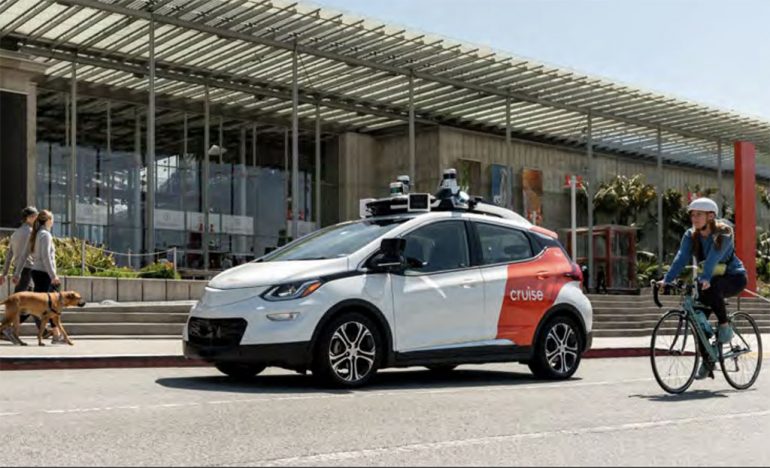
General Motors’ autonomous driving subsidiary, Cruise, has initiated a recall of 950 of its driverless cars in the United States. This action comes in the wake of a recent accident involving one of its self-driving vehicles. Cruise is also considering additional recalls in the future, highlighting their commitment to safety and transparency.
The recall is attributed to a potential issue with the collision detection subsystem of Cruise’s Automated Driving Systems (ADS) software. According to the notice filed with the National Highway Traffic Safety Administration (NHTSA), there is a concern that the software might respond improperly after a collision. In a recent incident in San Francisco, a pedestrian was struck by a hit-and-run driver, and subsequently, a Cruise robotaxi hit the pedestrian. The software failed to stop the vehicle in time, leading to the collision.
Also, don’t forget that you can get discounted new car pricing with a free quote through qualified local dealer partners.
The primary focus of this recall is to address situations where the collision detection subsystem may prompt the Cruise AV to attempt to pull over out of traffic when it should remain stationary as the desired post-collision response. Cruise acknowledges the need for improvement in its software to ensure safer outcomes in such scenarios.
It’s worth noting that Cruise temporarily suspended its nationwide operations last month, following the suspension of its robotaxi operator’s license by California regulators, who deemed self-driving vehicles a risk to public safety. Furthermore, the company recently announced a temporary halt in the production of its fully autonomous Cruise Origin vehicle.
Cruise is keen on taking a proactive stance regarding safety and has shared that it identified the potential for similar collisions with a risk of serious injury occurring approximately every 10 million to 100 million miles of driving prior to the software update. The company is committed to ongoing improvements in its software, and they’ve indicated their readiness to issue further recalls to keep the NHTSA and the public informed about safety enhancements across their autonomous vehicle fleet.
The situation has also attracted the attention of federal investigators, with two ongoing federal investigations into the safety of Cruise’s vehicles. These investigations are in response to incidents where Cruise’s self-driving cars appeared not to yield to pedestrians in crosswalks.
In the race to develop and deploy self-driving vehicles, Cruise is a prominent player alongside Alphabet’s Waymo and other competitors. Cruise operates in several major U.S. cities, including Phoenix, Arizona; Houston, Austin, and Dallas in Texas; and Miami, Florida.
In light of these developments, Cruise is actively seeking a chief safety officer and has engaged the services of the law firm Quinn Emanuel to conduct an external review, reaffirming their commitment to ensuring the highest safety standards in the autonomous vehicle industry.